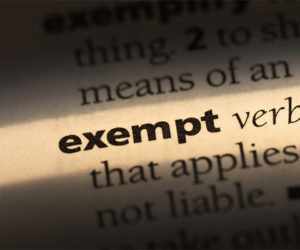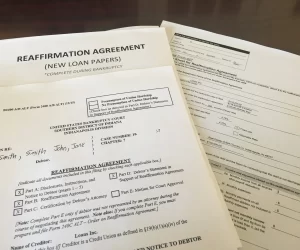Arizona Bankruptcy Exemptions
People file bankruptcy in Arizona to discharge most debts. The Arizona bankruptcy exemptions allow a debtor to retain certain property. This is called exempt property, and it is protected. Debtors must understand the Arizona bankruptcy exemptions to know which assets they may retain.







